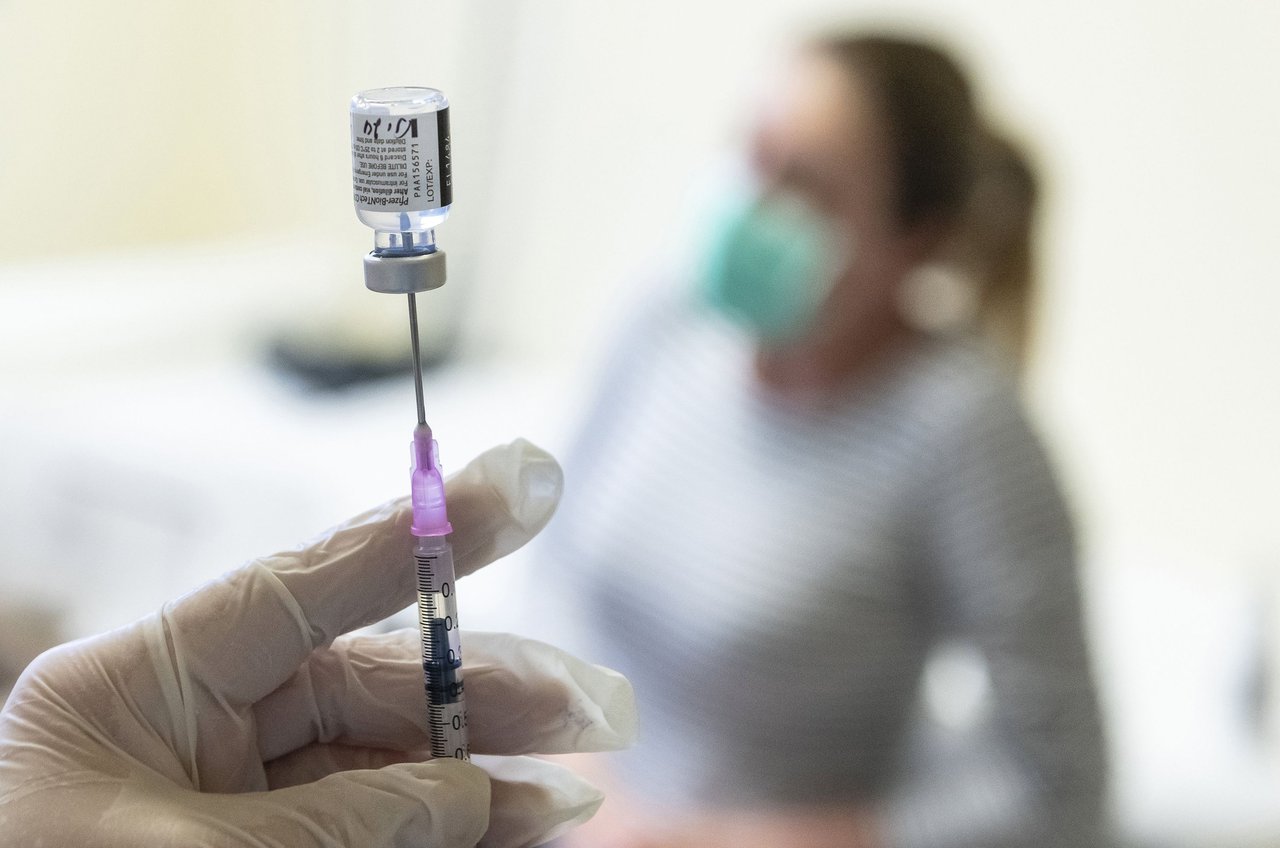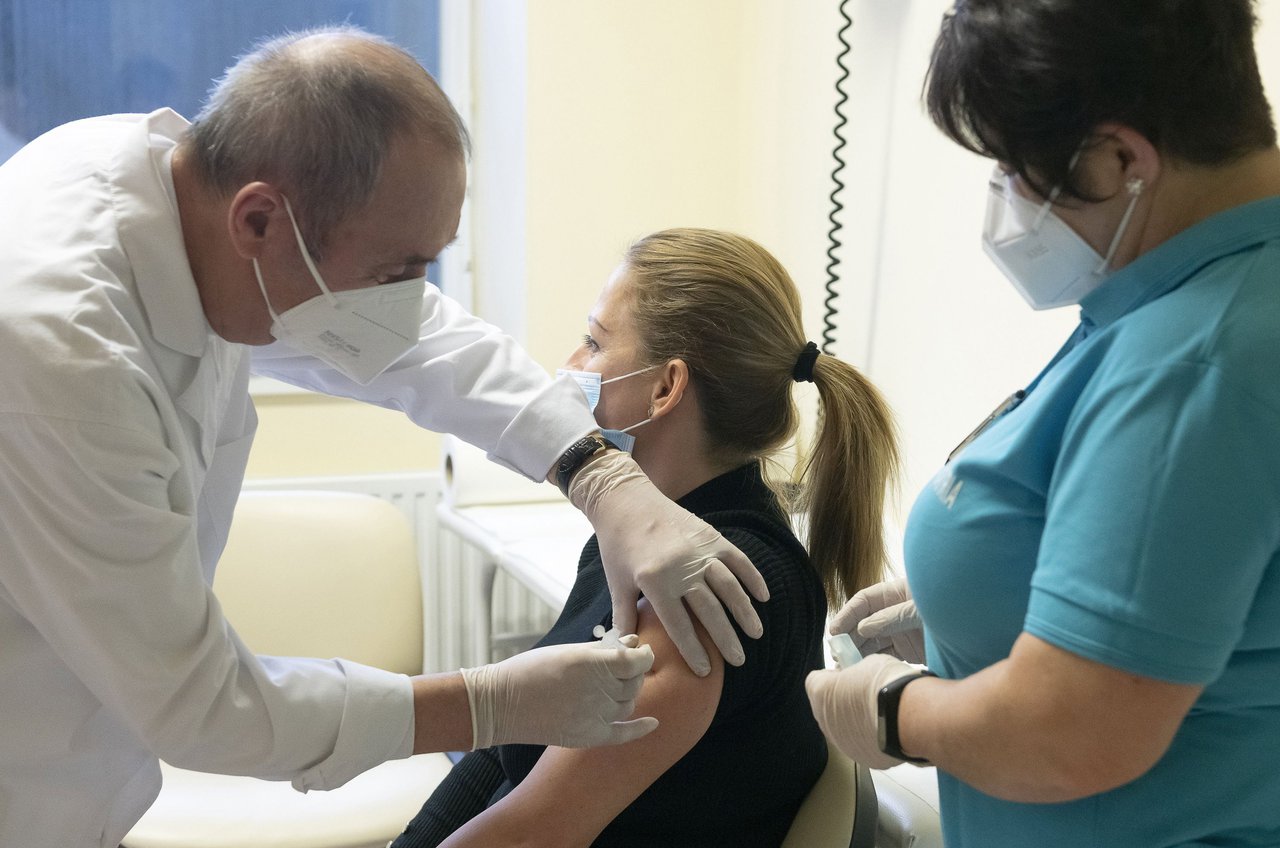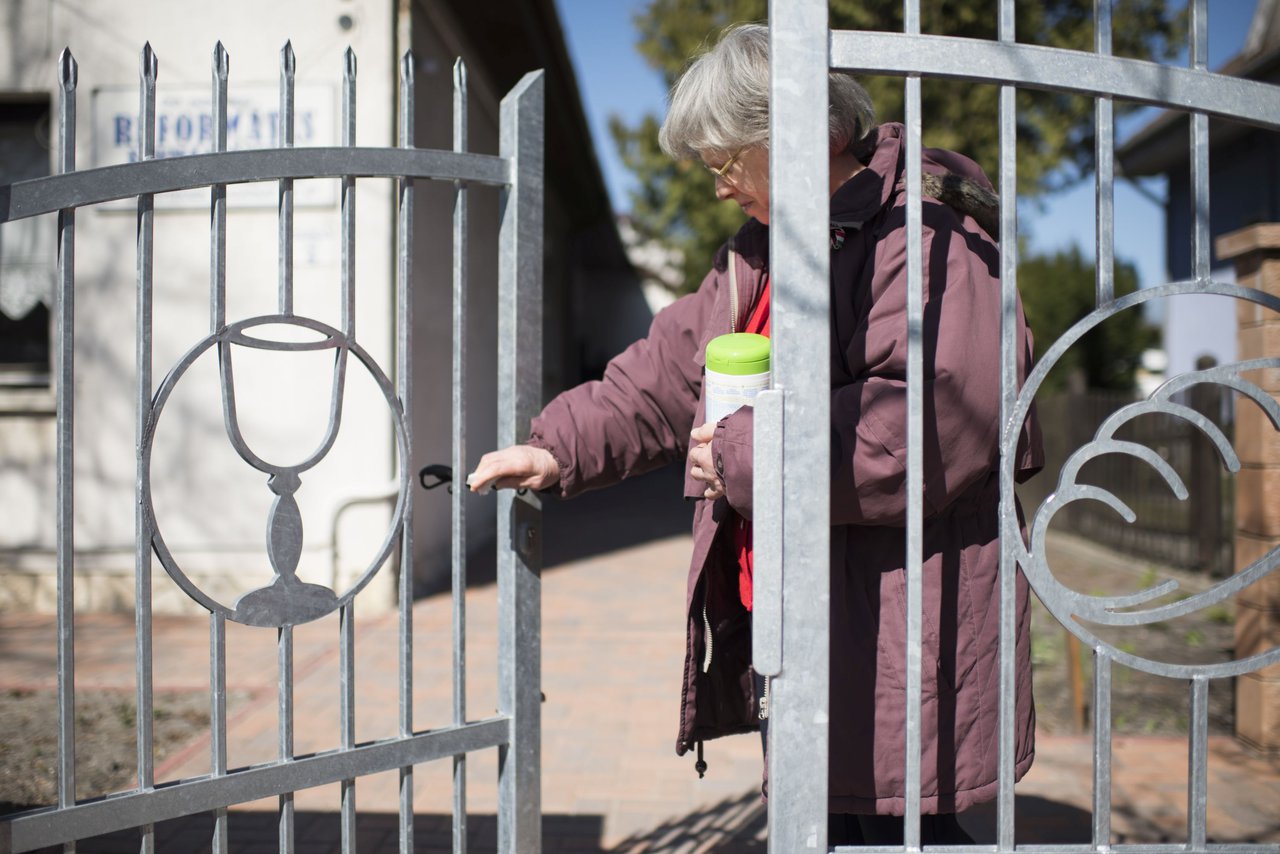
Can the coronavirus vaccine cause infertility? Do people suffering from asthma or allergies have anything to worry about? Can people with diabetes get vaccinated? These and similar questions are answered by immunologist and university professor András Falus, ordinary member of the Hungarian Academy of Sciences. As a member of Érdliget Reformed Congregation, Professor Falus also shares his opinion about the reopening of churches.
Last week I heard someone call the vaccine the “mark of the beast”. The topic of vaccination is a divisive one in church circles as well. Have you personally received the “mark of the beast” yet?
Yes, I have received the first dose, but what a terrible expression that is! We are facing a global pandemic, a hundred million people have been infected, and over two million people have died. And now there are vaccines available, which have been approved by experts of the health authority, and it is clear that they only have risks that are insignificant compared to risks of the virus itself. If, despite all this, someone is still speaking out against vaccination, I consider that to be a sin of ignorance and recklessness.
Did you experience any reactions or side effects after getting the vaccine?
No, I did not. I felt some pain around the injection site, but that was all. There are typically no side effects after the first dose. It is after the second dose that some symptoms of inflammation may appear, such as high temperature, chills, weakness, but these symptoms only last for a day. Such reactions are good because they signify that a strong immune response has started.

András Falus
Did you experience any reactions or side effects after getting the vaccine?
No, I did not. I felt some pain around the injection site, but that was all. There are typically no side effects after the first dose. It is after the second dose that some symptoms of inflammation may appear, such as high temperature, chills, weakness, but these symptoms only last for a day. Such reactions are good because they signify that a strong immune response has started.
So if you do not feel anything after getting the two doses, could it mean that your body has not reacted to the vaccine the way it should have?
There is an immune response even in that case, because people react in different ways. According to the tests run by authorities, the Pfizer vaccine, for example, was found to have over ninety percent efficacy. Side effects, however, are reported by a much lower number of people. Therefore it is not possible that not having any reactions means the vaccine is ineffective.
There are still many questions floating around in connection with the vaccination, and social media platforms are a hotbed of misconceptions and fake news. Let us discuss a few of these. The vaccines against the coronavirus were developed in less than a year, which seems to be a very short time compared to the development of other vaccines. Is it possible that such a speed compromised the safety of the vaccine?
Absolutely not. During the development of vaccines against the coronavirus, we saw an unprecedented level of cooperation. The existing biotechnological background, the genetic and molecular advances, combined with IT and artificial intelligence managed to speed up processes significantly. Previously we had to wait for five or six years before seeing any results, because vaccines were mostly developed with traditional methods. Administering a weakened form of the virus resulted in a relatively large number of side effects, which always had to be examined thoroughly. Now Pfizer and Moderna have produced the most state-of-the-art and least dangerous vaccines, therefore less time was required to develop and test them. What is more, communication has also become faster thanks to the Internet, so if any research or test result is published anywhere in the world, we can also see it here in Hungary.
The cooperation and solidarity that we have experienced in the discovery, publication and acceptance of scientific results have resulted in the most successful fight against an epidemic in human history.
Can the vaccine cause infertility?
The reason that this completely debunked false news ever came up is the following: there is a protein that can be found in the placenta. The DNA structure of this protein shows some similarities with the genetic matter of the spike of the new coronavirus. But this is not present on the protein level, in amino acids, and the immune response develops against protein antigens. So during monitoring this very superficial similarity was discovered, but this does not mean that any coronavirus vaccine could lead to any cross-reaction or subsequent infertility.
Still, the vaccines currently available in Hungary cannot be administered to pregnant and nursing women, or women planning a pregnancy. Why is that?
That is a different issue altogether. During pregnancy, especially during the first trimester, the foetus grows very quickly, with the differentiation of several organs taking place. As every immunization or vaccination is an artificial inflammation, the competent authorities have decided, just to be on the safe side, not to induce such processes in pregnant women. But it is important to see that this is a precaution rather than some evidence-based real danger to avoid. With regard to breastfeeding, the situation is the same, but there is a lot of evidence to support that the vaccine does not actually pose any danger to nursing mothers. So this is a somewhat exaggerated precaution, which we might agree with, but there is no real evidence to support any harmful effects.
Can people living with autoimmune diseases such as coeliac disease or Type 1 diabetes be vaccinated?
Such a decision should always be made by the physician treating the patient. As I have mentioned before, every vaccination generates some inflammation, as the immune system launches an attack against a completely unfamiliar spike protein. This is necessary in order for the immune response to form sufficient memory, to be able to provide protection in the long run. When a person suffering from an autoimmune disease is in a period of relapse, when the illness is active, it is not recommended to trigger another inflammation. If, on the other hand, the patient is in remission, i.e., not in an active phase of the illness, there is no reason not to get the vaccine.

A health care worker getting the Pfizer-BioNTech vaccine against the coronavirus in Nyíregyháza at Jósa András Teaching Hospital of Szabolcs-Szatmár-Bereg County
What about those whose respiratory system is generally more susceptible to inflammation, such as people who have a pollen allergy or asthma?
Again, such a decision is within the physician’s discretion based on the patient’s current state. In general, the vaccine poses no risk to those who have a tendency to suffer from asthma or allergies, when they are in an inactive state. In our geographic region this winter, for example, the pollen concentration is not high at all, therefore people who have allergies have nothing to worry about. Those suffering from an acute allergy to certain foods or to dust mite, however, should definitely consult their physician before getting the vaccine.
Why is it necessary to receive the vaccine for those who already had the coronavirus infection?
It is simply because the infection itself does not provide long-term protection. Antibodies, if there are any, disappear rapidly, and during infection no real immune protection develops. Such protection is only possible through vaccination. That is why herd immunity could not be achieved in Sweden, for example. The death rate was much higher there than in its neighbouring countries, Norway or Denmark. So even if someone is proven to have been infected before, it is still worth getting vaccinated three to five months later, because a spontaneous infection does not guarantee immunity.
Another recurring question that experts also seem unable to agree on is whether those who have received the vaccine can still infect other people.
No, they cannot. Except for the very first period, the first three to four weeks, when immunity has not fully developed yet. If, for example, somebody carrying the virus sneezes on me and it enters my body, but I have already been vaccinated, then I have my immune response ready, which prevents the virus from replicating, therefore I myself will not get sick and will not have enough of the virus in me to be able to infect others.

As a member of the Érdliget congregation, what is your opinion about the suspension of in-person community events? What would you recommend to pastors currently considering whether to reopen their churches or continue with online meetings?
In our community in Érdliget, worship services can be attended in person, but churchgoers have to sit at different ends of the pews, and only family members may sit next to each other. At the same time, the Sunday worship can also be followed online. I would recommend to all pastors that in case they organize in-person meetings, they should strictly enforce the maintaining of physical distance as well as mask wearing, and avoid any physical contact. Hand sanitizers should be readily available everywhere, and church buildings must be sufficiently aired. Loud singing, if it is at all possible while wearing a mask, poses another risk. If these rules are followed, I believe it is acceptable to have in-person meetings, because they fulfil our spiritual needs.
Vaccination Can Be Life Saving
Hospital chaplains and most of the staff of Bethesda Children's Hospital have already recieved their COVID-19 vaccine. Gyula Rideg, hospital chaplain at Bethesda, said he felt it's his responsibility to get vaccinated as he is working among patients.